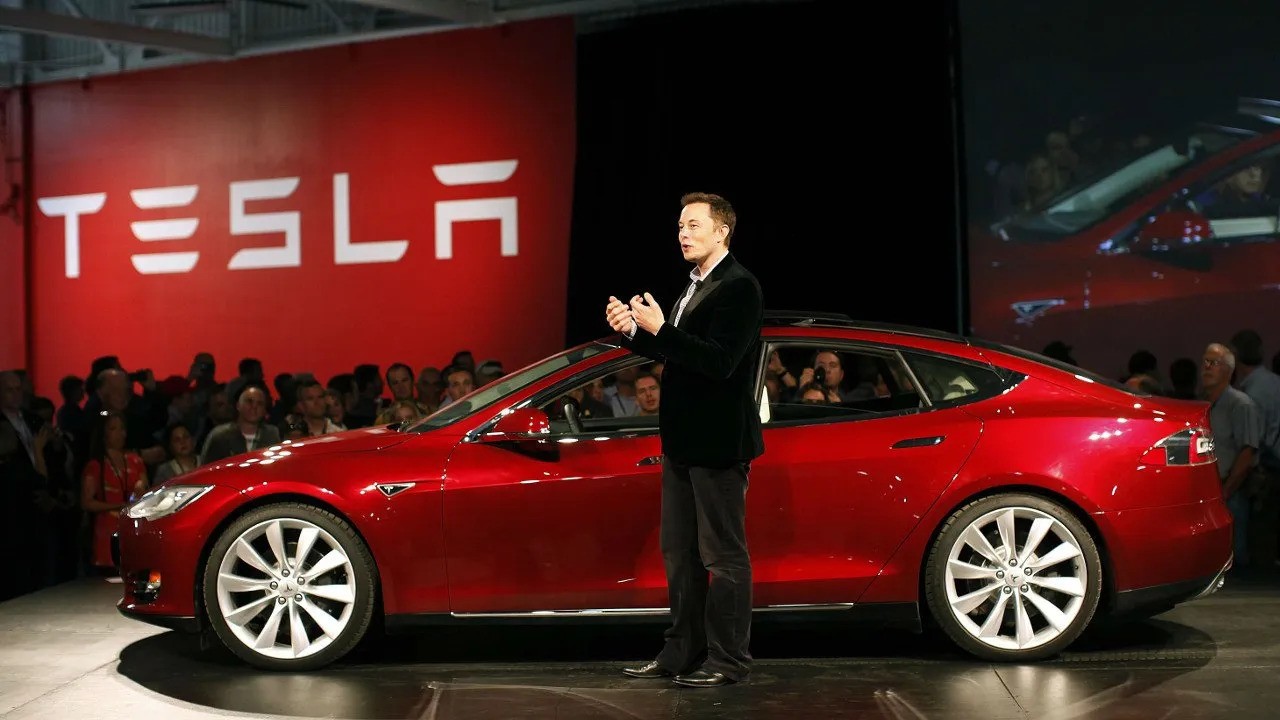Conducted by Caliber, the study focused on how Musk’s actions have impacted the brand's perception among US new car buyers from November 2021 to February 2024. The findings indicate a significant decline in Tesla's consideration and trust scores during this period, with a notable majority associating Musk directly with the Tesla brand.
The study highlights a sharp decline in the consideration score of potential Tesla buyers, dropping from 70% to just 31%. During the same timeframe, Tesla's trust and likability scores also saw a decline, from over 80% to below 60%. According to the research, 83% of US new car buyers associate Elon Musk directly with Tesla, suggesting his personal reputation significantly impacts the company's brand image.
Several factors have been identified as contributing to this declining brand perception. These include delays in launching anticipated new models like the Cybertruck, legal challenges faced by its semi-autonomous driving systems, Musk's acquisition of Twitter (now renamed to X), and increased scrutiny over Twitter’s right-wing user base and spread of misinformation.
Two industry professionals weighed in on these findings; Shahar Silbershatz, CEO of Caliber mentioned, “It’s very likely that Musk himself is contributing to the reputational downfall.” Additionally, Ed Kim, President of AutoPacific stated, “A modest but growing number of EV shoppers are increasingly put off by Elon Musk’s behaviour and politics and are now finding viable alternatives to Tesla in the marketplace.”
Despite these challenges in brand perception and reputation within the U.S., Tesla has maintained a strong market position globally. In 2023, the Tesla Model Y was the best-selling vehicle in the world, topping the tables in Europe, sitting just behind the Toyota RAV4 and traditional pickups in the US.
Source: Reuters

